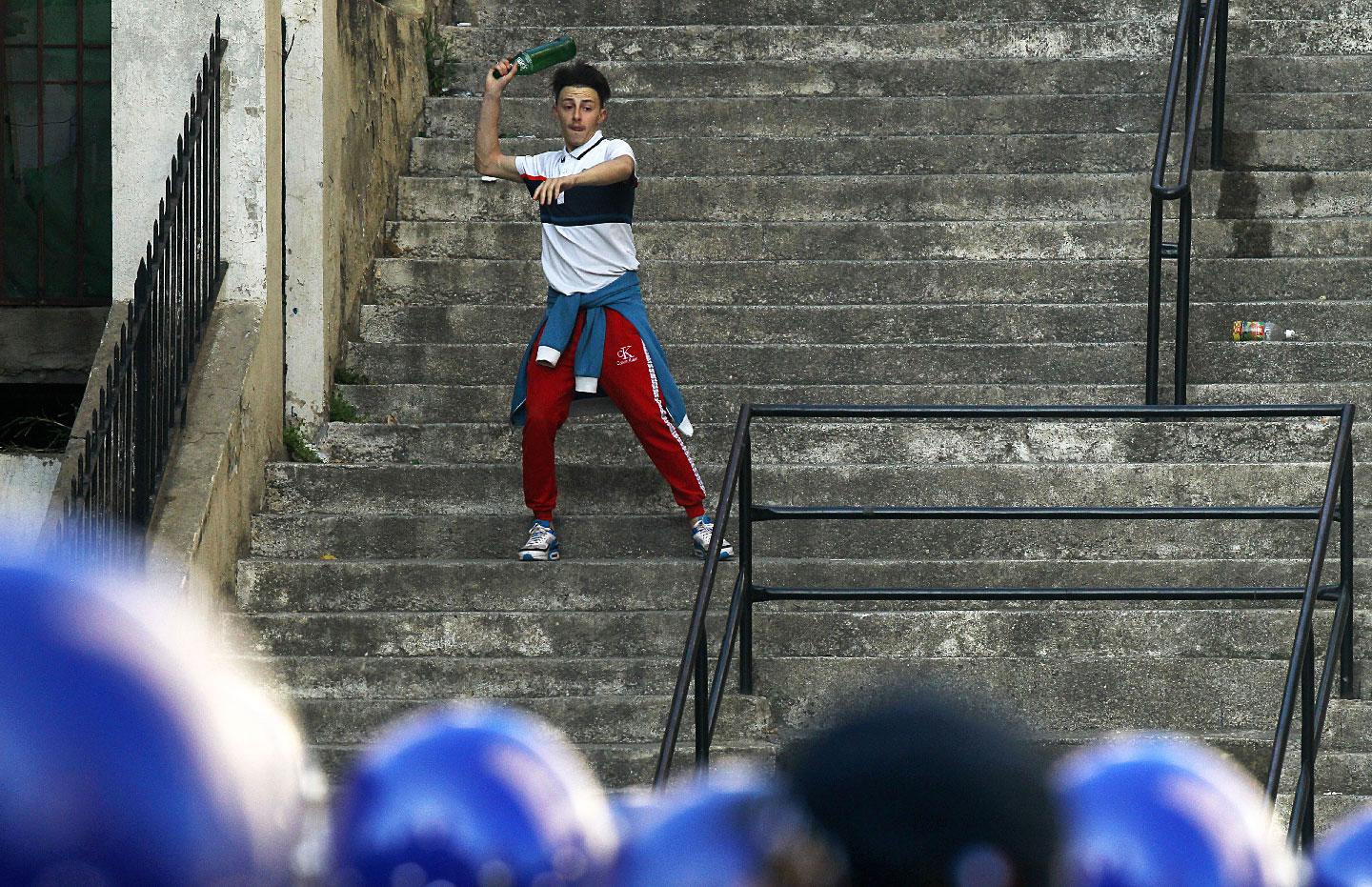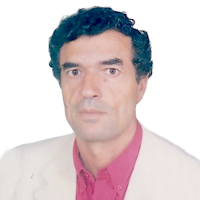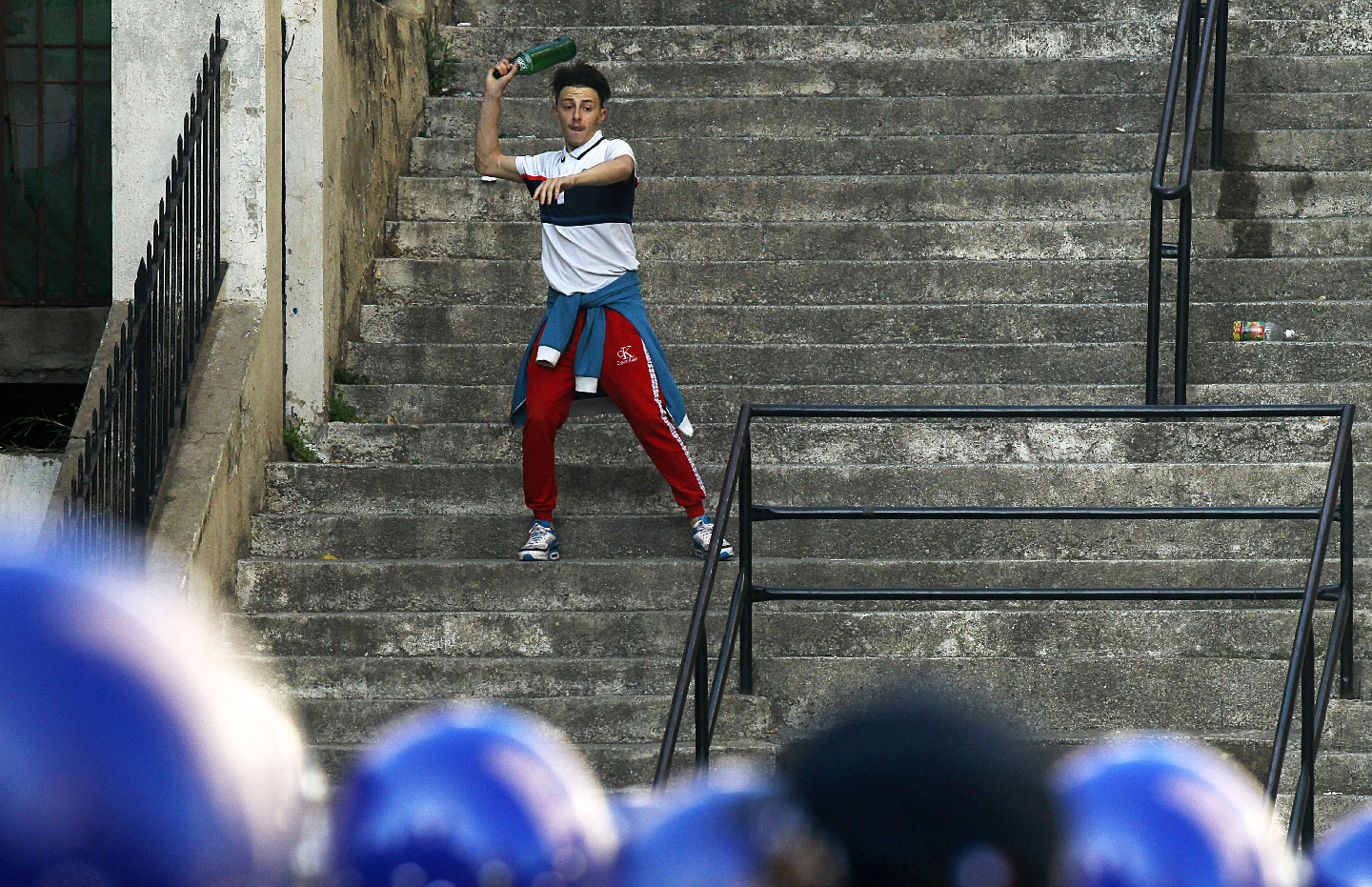Algeria mass protests show signs of radicalisation and division
TUNIS - An estimated 1 million protesters took to the streets of Algiers and hundreds of thousands of others marched in cities across Algeria March 29, the sixth consecutive Friday of demonstrations calling for an end to the 57-year military-dominated ruling regime.
Signs of radicalisation and division appeared for the first time in the unprecedented protests but the protests remained peaceful.
"We want the implementation of Article 7 of the constitution," chanted protesters in Algiers, Oran, Tlemcen, Bejaia, Annaba, Constantine, Skikda, Adrar and Tamanrasset.
Article 7 states that “the Algerian people is the source of political power." The slogan was a new rallying cry for protesters dismissing the call made March 26 by Algerian Army Chief of Staff General Ahmed Gaid Salah for the country’s Constitutional Council to declare President Abdelaziz Bouteflika unfit to stay in office.
Gaid Salah's proposal was the latest bid by authorities to placate protesters and begin a transition period during which Bouteflika would be replaced by Senate President Abdelkader Bensalah for up to 90 days. During that period, presidential elections would be organised under the supervision of Prime Minister Noureddine Bedoui.
The plan aimed to end an impasse between the protest movement and a regime that is rapidly losing support from political and business elites.
Protests March 29 were dubbed “Friday of the steadfastness” as protesters increased their demands beyond the concessions offered by the ruling elites.
"Achaab layourid la Salah la Said" (“The people do not want (Gaid) Salah nor Said”) was another slogan chanted by protesters, referring to the army chief and Said Bouteflika, the president's brother who is widely seen as calling the shots on behalf of the ailing leader.
Abdelaziz Bouteflika, 82, has rarely been seen in public since a stroke in 2013.
Protesters had called for the implementation of Article 102, which would have removed Bouteflika from office if he was deemed unfit by the Constitutional Council, in demonstrations each Friday since February 22.
Gaid Salah echoed that call March 26 but the crowds March 29 were unappeased.
"All that was offered by the regime's figures, including Gaid Salah, is dust swept away by the wind. People want the whole regime with all its symbols and personnel to go away," said parliament Member Khaled Tazaghart, from the opposition Socialist Forces Front, as he marched in Algiers.
"The longer they stay, the more the people reject them. At the end, they will find no one to dig out tombs to bury them."
Algeria faces two crises, one between large segments of the country against the regime and another within the military-dominated regime, in which about 500 generals keep links to business and political elites.
The protests, applauded worldwide for their peaceful nature, civility and organisation despite an apparent lack of central leadership, showed signs of division based on region and antagonism between secularists and Islamists.
Protesters in the eastern town of Batna, capital of the Chaoui Berber region from which many generals and intelligence chiefs hail, called on former General Liamine Zeroual to return as leader of the country. Zeroual, 77, was president from 1994-99, when he was replaced by Bouteflika
"Allahou Akbar, Zeroual Gaidnaa" (“God is Great, Zeroual is our leader”) protesters chanted at Zeroual's home in Batna. Zeroual appeared briefly at the gate of his villa and waved but did not address the crowd.
In Tizi Ouzou, a stronghold of secularists in the Berber-speaking Kabylie region, protesters marched for the first time with signs combining pictures of leading Islamists and regime figures, including Said Bouteflika.
In a sign of increasing radicalisation, demonstrations staged a mock trial of political and business symbols of the regime with the verdict that they "will be thrown in El Harrach prison."
"Each Friday revealed its own political messages. The regime replied with concessions aimed at pulling it from the ordeal with minimum damage," wrote the influential El Khabar newspaper. "The Algerians each time show how the regime is fragile and how they were oblivious so far to the truth of its weakness."
"The protests of Friday, March 29, directed some of their messages at Gaid Salah, telling him: You are not entitled to seek a solution to a problem of which you are part since you are concerned by the demands that you leave alongside Bouteflika," it added.
Lawyer Ahmed Ridha Boudiaf said looking for a legal solution to the political crisis would make the impasse worse. "The demand of the people is clear. The solution must also be clear: radical, political and rapid,” he added.
Analysts said the crisis would continue until the military recognises its key role in the militarisation of politics.
"The military hierarchy replaced popular sovereignty as the source of political power. It does not declare its role as the source of power," said Algerian sociologist Lahouari Addi.
"This political model worked smoothly in the past when the army had 40 colonels. It cannot function today with 500 generals, each controlling a piece of the political and business system.
Lamine Ghanmi is a veteran Reuters journalist. He has covered North Africa for decades and is based in Tunis.
This article was originally published in The Arab Weekly.




